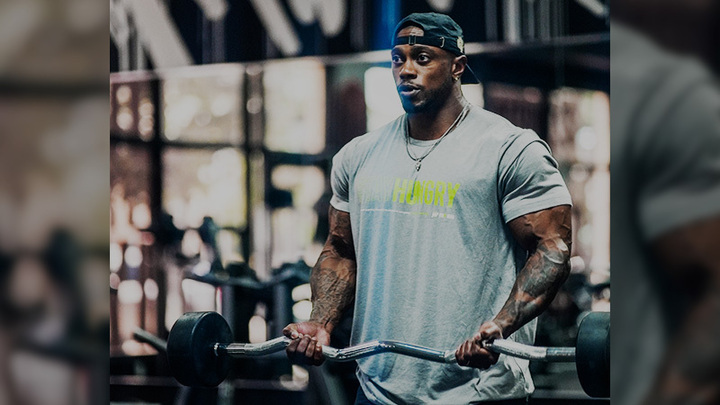If you’ve spent years building a workout routine and the muscle that comes with it, you’re probably not used to skipping the gym and giving your body a break.
You probably also know that active rest days are necessary for your body to recover. If you’re not already taking rest days, either your body or your schedule will force you to — and you’d probably prefer a scheduled break or vacation rather than an injury.
However, something you might be afraid of is taking a break and losing progress at the gym.
It’s a valid concern, one that is also hotly debated. You see, exactly how long it takes for your body to lose muscles can depend on many factors, from how active you normally are to your genetics.
One thing most can agree is if you’re a regular gym-goer, losing muscle will happen much more slowly than someone who’s only just starting to make good on their New Year’s resolution.
That said, no matter how much you train (even after years of training), it’s possible to lose muscle mass after only a few weeks off from the gym. Still, that should give comfort to you gym rats that a week off is not going to kill you.
However, for more sedentary people, muscle mass can start to decrease in as little as 72 hours.
Now, we need to clarify this a bit more. You see, losing muscle mass doesn’t necessarily mean losing muscle definition. Instead, when we talk about muscle loss from a break, we mean losing strength and power.
How to not lose muscle
So, how do you avoid losing muscle mass? Easy – keep using your muscles!
While muscle mass naturally declines as we get older, there are ways to prevent it from decreasing as much as it normally would.
The easiest way to do that is to lift weights at least two or three times a week, targeting all major muscle groups. The earlier you start, the better off you’ll be by the time your muscles naturally start atrophying, which typically starts after 40.
However, being inactive isn’t the only way to lose muscle. Severely cutting calories – enough to deprive your body of nutrients – can also cause your muscles to deteriorate.
Of course, getting enough calories is necessary regardless of your activity level since sufficient calories help maintain your body weight.
For especially active people, getting enough calories, specifically, protein and carbohydrates, is crucial. Not only will it help maintain body weight, but carbohydrates also provide anabolic or muscle-building stimuli in your body to proliferate. Not getting enough calories means these stimuli can’t react since they won’t have enough nutrients to build muscle.
What if you’re already training hard, eating well, and still losing muscle mass? It’s time to hit the sheets, literally.
Sleep helps your body recover but is also a crucial muscle-building activity. Good, quality sleep signals your body to release protein-building amino acids more quickly, which is what makes your muscles bigger and stronger.
Poor quality sleep has the opposite effect and can actually increase the risk of muscle-mass reduction, which also influences strength.
As the saying goes, if you don’t use it, you’ll lose it. The same is true for muscles. Keeping your muscle tone and strength as you age or skipping the gym for a week isn’t impossible, but if you want to keep your muscle mass, your best bet is to look after your overall health – not just what you do in the gym.






